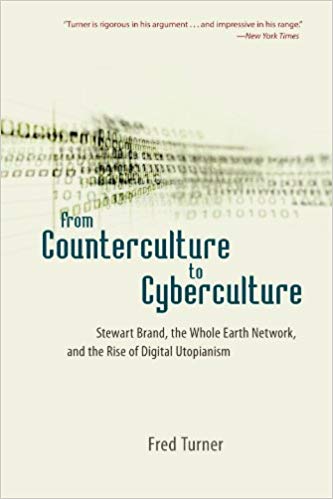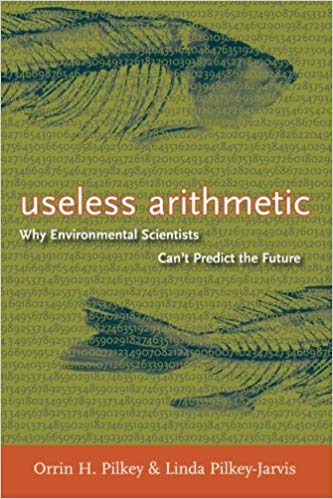Policymaking in the Information Age
Every issue explores cutting-edge developments in technology, medicine, education, climate change, and much more. Articles provide in-depth analyses of science and technology’s impact on public policy, the economy, and society—bringing today’s best minds to bear on tomorrow’s most critical topics.
Editor's Journal
Getting Our Act Together
Getting Our Act Together Several of the articles in this issue look beyond specific policy debates to the larger question of the definition of science policy (in the broad sense that includes… Read More
From the Hill
From the Hill – Summer 2007
Major bills to boost U.S. competitiveness advance Congress appears poised to approve major legislation to boost U.S. economic competitiveness, with Senate approval of the America COMPETES Act (S. 761) and House passage… Read More
Perspectives
Tiny Technology, Enormous Implications
The purpose of the U.S. National Nanotechnology Initiative (NNI) is to promote nanoscale science and technology in a way that, so far as possible, benefits U.S. citizens in particular and humanity in… Read More
Features
The Promise of Data-Driven Policymaking
During the past decade, advances in information technology have ignited a revolution in decisionmaking, from business to sports to policing. Previously, decisions in these areas had been heavily influenced by factors other… Read MoreFull Disclosure: Using Transparency to Fight Climate Change
Congressional leaders are finally working seriously on long term-approaches to counter climate change. But all the major proposals leave a critical policy gap because they would not take effect for at least… Read MoreThe University As Innovator: Bumps in the Road
For much of the past century, universities and university-based researchers have played a critical role in driving technological progress. In the process, universities have been a strong catalyst for U.S. economic growth.… Read MoreWater Scarcity: The Food Factor
With so much talk about a global water crisis, about water scarcity, and about increasing competition and conflicts over water, it would be easy to get the impression that Earth is running… Read MoreCommunity College: The Unfinished Revolution
In the current debate about U.S. economic competitiveness and the need to provide better education for everyone, there is a new consensus that nearly all young people should attend college. Indeed, society’s… Read MoreDoes Science Policy Matter?
It is not only axiomatic but also true that federal science policy is largely played out as federal science budget policy. Science advocacy organizations such as the American Association for the Advancement… Read More
Book Reviews

How the Internet Got Its Groove
Where did the Internet come from? Why has it affected society as it has? These questions have prompted several books over the past few years, books that have celebrated the technologists of… Read More
The Politics of Jobs
Speaking recently to a group of lawyers, Ralph Cicerone, president of the National Academy of Sciences, voiced concern about U.S. science literacy and called for expanding the science talent base. The lawyers… Read More
No model for policymaking
Technical solutions have been found for many complicated problems of environmental science. For example, enormous challenges have been overcome to deploy and maintain networks of sophisticated Earth-observing satellites that provide rich global… Read More
Archives – Summer 2007
SUZANNE ANKER, Laboratory Life, Digital print edition of 46 with 5 artist’s proofs, 13 x 19 inches, 2007. Laboratory Life Suzanne Anker, who served as moderator for the recent online symposium… Read More
